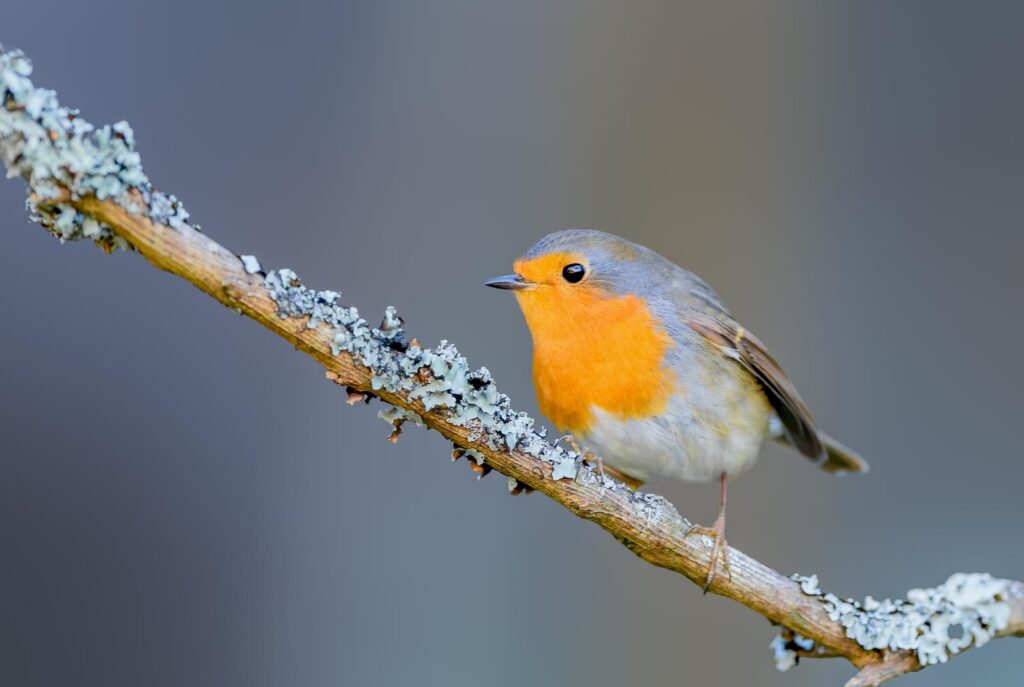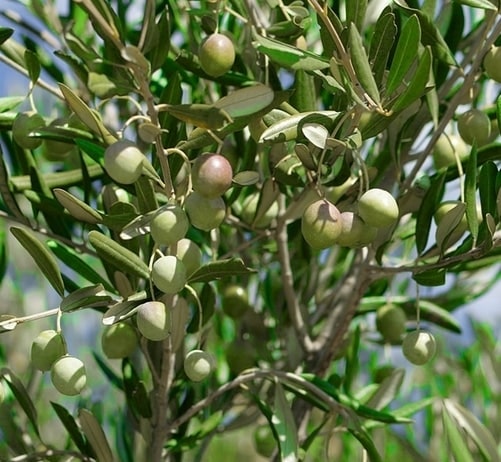Updated July 22nd 2024

Looking into the origins of the ingredients in our kitchen cupboards is important if you want to make sure you’re leading a life that has minimal impact on the environment – something that is becoming increasingly important as time goes on.
It may well be that you’ve never considered the process of making certain items that you use on a regular basis – did you know, for example, that the use of vacuum machines in the harvesting of olives kills millions of birds as a result?
Researchers have highlighted a severe issue occurring during the night-time olive harvests in the Mediterranean, which take place between October and January. During these months, songbirds, among other species, roost in olive bushes at night. The use of vacuum machines to collect olives during this period results in millions of birds being vacuumed out of the trees and killed. This tragic byproduct of olive harvesting is a significant concern for conservationists and environmentally conscious consumers alike.
Lead researcher Vanessa Mata from the Research Centre in Biodiversity and Genetic Resources in Portugal told the Independent at the time: “The machinery is perfectly fine if used during the day” During the day, birds have the natural advantage of visibility, allowing them to detect and evade operating machinery. This ability reduces the risk of injury or death caused by agricultural equipment. However, the situation changes drastically with super-intensive nocturnal harvesting. Under the cover of darkness, birds lose their ability to see and avoid these hazards, resulting in a significant increase in fatalities.
Recognising this issue, the Ethical Consumer website reports that many companies within the industry are taking proactive steps to address the problem. These companies are collaborating with their suppliers to cease the practice of super-intensive nocturnal harvesting. This shift in operational strategy is a promising development, indicating a growing awareness and commitment to ethical and sustainable agricultural practices.
Furthermore, the European Union appears poised to take decisive action on this front. There are indications that the EU will move to address this issue comprehensively, potentially instituting a ban on nocturnal harvesting practices altogether. Such regulatory measures would signify a major advancement in protecting bird populations and promoting environmentally responsible agriculture across Europe.
The potential ban by the EU would not only align with the increasing corporate responsibility within the industry but also set a precedent for global agricultural standards. By prioritising the well-being of wildlife and implementing sustainable practices, both the industry and regulatory bodies can foster a more harmonious relationship between agriculture and the environment.
Here at Morocco Gold, our olive oil is produced in the foothills of the Atlas Mountains, around 200km outside Marrakech. The unique microclimate of this particular region provides the perfect conditions for growing our olives – which results in an extra virgin premium olive oil of exceptional quality. We now supply worldwide to the UK and Europe, as well as the US and Asia.

